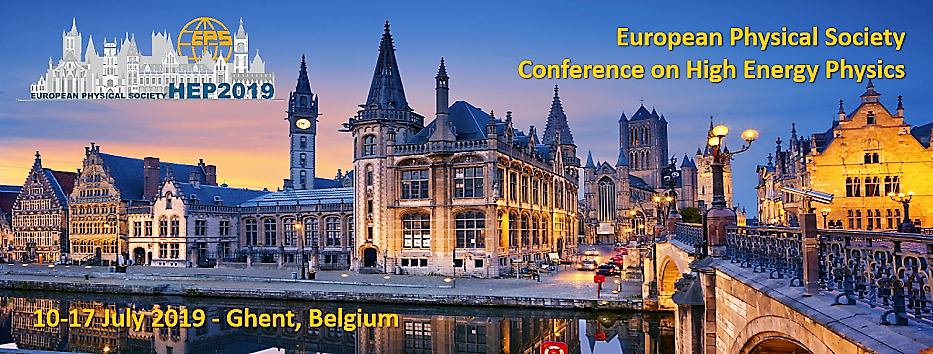Speaker
Description
The PPS (Precision Proton Spectrometer) detector system consists of silicon tracking stations as well as timing detectors to measure both the position and direction of protons and their time-of-flight with high precision. They are located at around 200 m from the interaction point in the very forward region on both sides of the CMS experiment. PPS is built to study Central Exclusive Production (CEP) in proton-proton collisions at the LHC, including the photon-photon production of W and Z boson pairs, high-mass diphoton and dilepton production, high-$p_T$ jet production, as well as searches for anomalous couplings and new resonances.
The PPS detector has taken data at high luminosity while fully integrated to the CMS experiment. The total data collected correspond to around 100~${\rm fb}^{-1}$ during the LHC Run 2. In this presentation the PPS operation, commissioning and performance are discussed.
Exclusive dilepton production at high masses has been observed in the CMS detector while one or two outgoing protons are measured in PPS using around 10~${\rm fb}^{-1}$ of data accumulated in 2016 during high-luminosity LHC operation. These results show a good understanding, calibration and alignment of the new PPS detectors.




